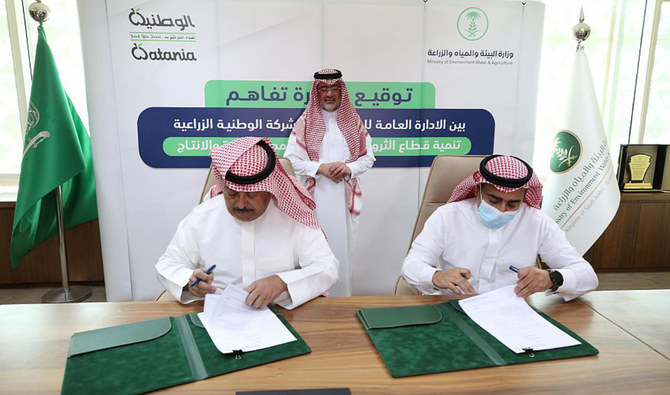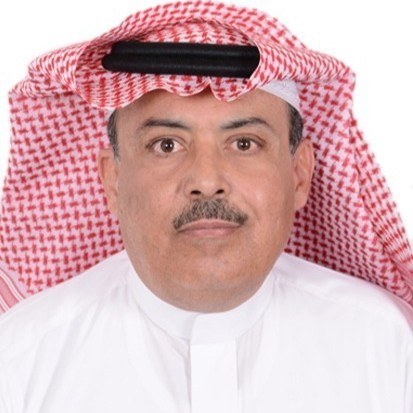RIYADH: Saudi Arabia’s Ministry of Environment, Water and Agriculture has announced the development of a vaccine against livestock abscesses, saying that tests have shown the treatment is “100 percent safe” and offers greater than 80 percent efficacy.
“I expect the vaccine to be ready for production in the second half of 2023,” said Mohammed Al-Fuhaid, General Directorate of Laboratories director at the MEWA.
“We’ve already developed the vaccine. We are in the process of doing experiments on the vaccine’s safety and effectiveness,” he told Arab News.
MEWA is working on vaccines for other diseases based on local isolates of bacteria and viruses, with the vaccines “expected to have an impact on the fight against animal diseases, and diseases common to humans and animals,” Al-Fuhaid said.
The joint scientific team’s work plan, which led to a vaccine against livestock abscess diseases being developed in record time, included field surveys and clinical tests to determine the rates of abscess infections in sheep, goats and camels in several regions of the Kingdom.
Samples and recorded information were used to determine the incidence of abscess disease and study their epidemiology, Al-Fuhaid said.
The action plan also guided animal breeders and carers, explaining how to prevent and control these diseases.
The team isolated and classified bacteria from samples collected from infected animals. Bacterial isolates were used to produce experimental vaccines for immunization against pseudotuberculosis and Morel’s disease.
Ahmed Al-Eyada, the undersecretary of MEWA, said that the research is part of the ministry’s efforts to develop vaccines from local disease isolates with a higher immune response compared with global isolates.
“(It aims) to localize the veterinary vaccine industry under the initiative of the Center for the Development and Production of Veterinary Vaccines for Local Isolates. That will contribute to the control and disposal of local diseases to preserve the country’s capabilities,” he said.
Al-Eyada said that the ministry tried the new “multicomponent” vaccine on sheep, and found it offered 100 percent efficacy and excellent protection rates.
“The specialized specific protection rate in the challenge tests reached 100 percent in Caseous Lymphadenitis (pseudotuberculosis), while the result was 80 percent in Morel’s disease and the multicomponent vaccine resulted in the production of good levels of antibodies in immunized sheep,” he added.
The ministry signed a memorandum of understanding with Al-Watania Agriculture Co. to collaborate on field experiments for veterinary vaccines, genetic improvement of sheep and goats, data analysis to calculate the genetic value, and genotyping.
The MoU, which includes advisories and consultation on the analysis of results and data with overseas labs, was signed by Al-Fuhaid and Abdullah Sulaiman Al-Sudais, Al-Watania Agriculture’s CEO.
Al-Sudais said that the agreement will bring many positive results to the livestock sector, enhancing investment opportunities and maximizing benefits by improving the quality of work and genetics “of livestock, in particular.”
Under the agreement, farms will be opened to joint working teams carrying out experiments and tests.
“It is likely that the agreement will yield many benefits for the animal production sector in the Kingdom,” Al-Sudais said.





























